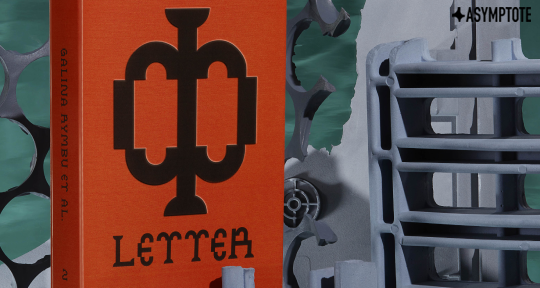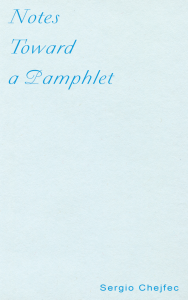This week our writers bring you news from Central America, Hong Kong, and France. In Central America, renowned Guatemalan writer Eduardo Haldon has released his latest novel, Cancón, and Savladoran writer Claudia Hernández’s book Slash and Burn has been released in English translation by & Other Stories. In Hong Kong, literary journal the Voice & Verse Poetry Magazine has pertinently published a special feature about “Distance,” while in France, Italian writer Sandro Veronesi has won the Foreign Book Prize for Le Colibri, to be published in English translation in spring. Read on to find out more!
José García Escobar, Editor-at-Large, reporting from Central America
Guatemalan poet Carmen Lucía Alvarado was recently nominated for the Rhysling Award for her poem El vacío se conjuga entre tus manos (The void blends in your hands), translated by Toshiya Kamei. Read the poem in English and Spanish here. Famed Guatemalan writer Eduardo Halfon released his new novel called Canción (Song). Published by Libros del Asteroide, his latest book tells a new chapter of the history of Halfon’s family, centering on his maternal grandfather and his kidnap during the Guatemalan Civil War (1960-1996). You can read an excerpt of Canción in English at The New York Review of Books site.
Also in Guatemala, the veteran poet and journalist Ana María Rodas released a new collection of short stories entitled Antigua para principiantes (Antigua for beginners). This new book includes several of Ana María’s most renowned short stories, plus other unpublished stories. This marks Ediciones del Pensativo’s first book of the year.
Additionally, in early January, & Other Stories published Slash and Burn, by the Salvadoran short story writer Claudia Hernández. The book was translated into English by Julia Sanches, who has translated the work of writers such as Daniel Galera (Brazil) and Noemi Jaffe (Brazil). READ MORE…






